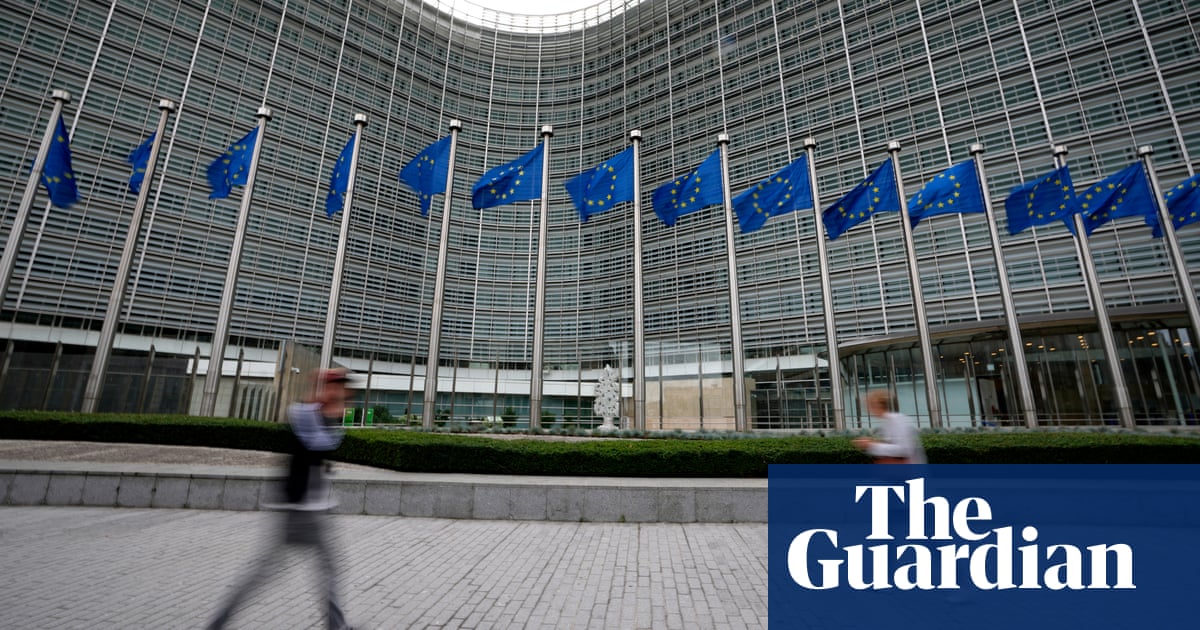
An attempt to stop EU governments from being able to insert spyware on journalists’ phones on the grounds of national security is “dead”, campaigners have said after a vote in the European parliament on new media laws.
MEPs voted against an amendment to scrap the right to surveil journalists in the European Media Freedom Act in Strasbourg on Tuesday, pitting themselves against free speech campaigners.
Instead they opted for an amendment they said amounted to a de facto ban on spyware. The new spyware clause includes safeguards forcing national authorities to guarantee confidentiality of journalistic sources.
MEPs have argued that because spyware is indiscriminate and will sweep up all data, personal and professional, on a phone, no authority will ever be able to use the software under these new laws as they will not be able to preserve confidentiality of a journalist’s phone. Spyware would be placed on journalists’ phones by security agencies if a national government thought it necessary.
“When it comes to investigations related to the professional life and activity of journalists, this is a ban,” Ramona Strugariu, the opinion rapporteur on the bill in parliament, said after the vote on Tuesday.
“[Under the text] such measures [such as spyware] could not be deployed when the investigations led by the law enforcement are not related to the professional work of journalists. Therefore, the use of spyware is effectively banned in investigations that concern the professional work of media service providers and their employees.”
But campaigners warned that even with safeguards, national security and police will be tempted to abuse the legislation without regard to journalists’ sources.
“As strong as the legal safeguards are going to be, they are never going to be strong enough because that is what experience tells us, there are many examples across Europe where rights are abused,” said Chloé Berthélémy, a senior policy adviser at European Digital Rights, an association of civil and human rights organisations.
“It is going to be hard now to change this. Getting a full ban on spyware is basically dead now,” she said. “The European parliament missed a unique opportunity to protect journalists against abusive state surveillance using nefarious spying tools. Recent scandals in France involving the surveillance and prosecution of several investigative journalists are a foretaste of future abuses across the EU.”
Strugariu said the “constructive criticism” from campaigners and the journalistic community made for stronger legislation and she was confident that MEPs now had “a good solid text” that would protect journalists.
Sabine Verheyen, the lead rapporteur on the draft legislation in the European parliament, said the resounding vote on the amended text – which also covers editorial independence, media ownership and pluralism – was a “milestone”.
“Today, the parliament has demonstrated its strong commitment to the protection of free media,” she said at a press conference after the vote.
The legislation also includes fresh tests in relation to acquisitions and mergers, transparency and media independence.












